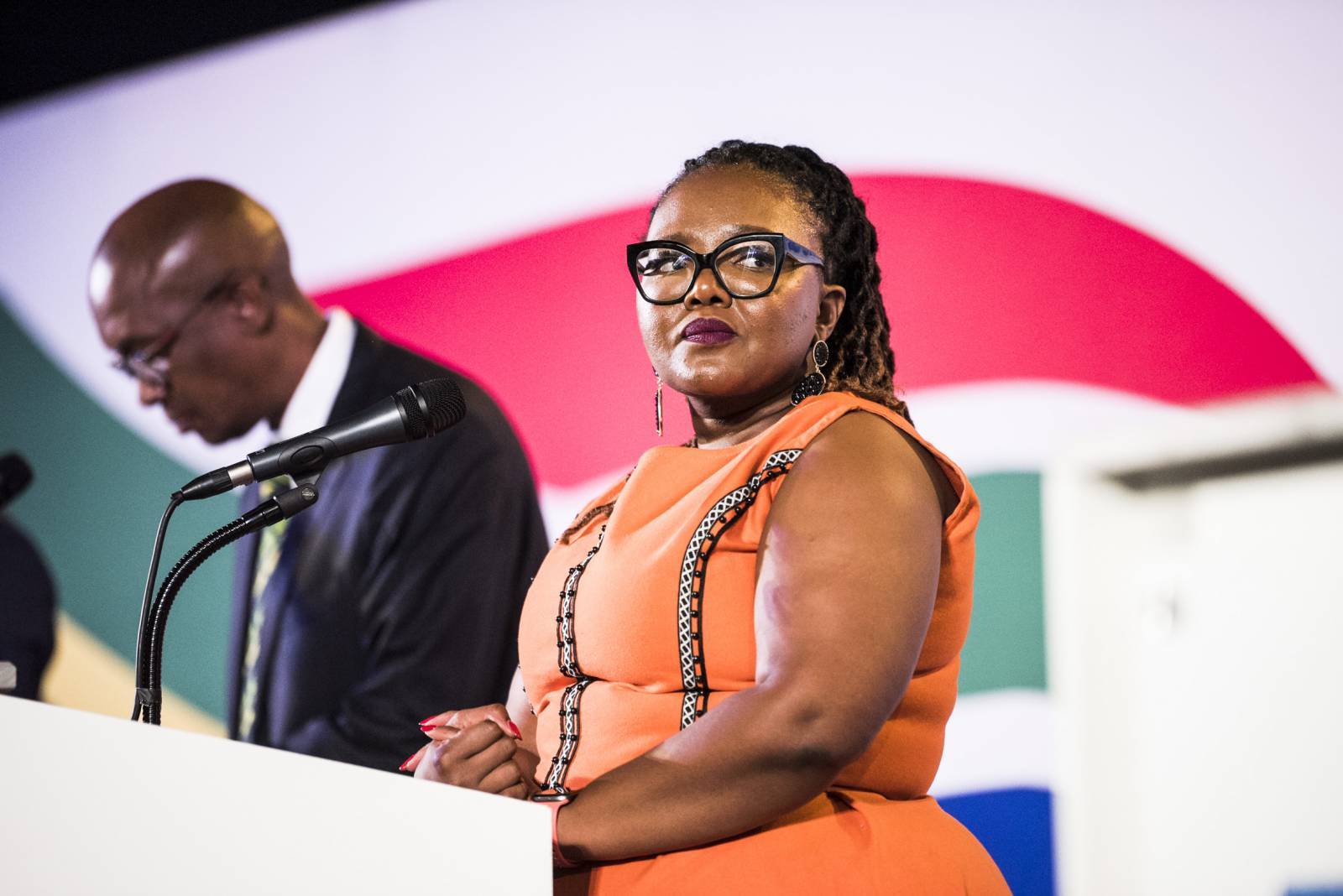
“Cosatu is calling on the government to get more directly involved in the strike as a matter of urgency,” the Congress of South African Trade Unions's Western Cape secretary Tony Ehrenreich said in a statement on Sunday.
Talks to end the violent wage dispute were at a standstill after parties failed to agree on who should mediate the negotiations after three days of intense unrest last week, which saw a total of 125 protestors being arrested on charges of public violence.
“We are ready and willing to negotiate but it would seem the majority of farmers are not interested – so national government must now become involved,” Ehrenreich told the Mail & Guardian.
The labour department has tasked the Council Commission for Conciliation, Mediation and Arbitration (CCMA) to facilitate talks between agricultural trade associations and sectorial unions – a move rejected by farm owners.
“The CCMA does not have the mandate to draw a conclusion to the matter. It would seem the buck has simply been passed from one authority to the next,” Theo de Jager, deputy president of Agri SA – one of the largest agricultural trade associations in South Africa – told the M&G.
Labour department declined calls
“The labour minister is the one who should be out here managing the process, as her department is responsible for the sectorial determination of wages and working conditions,” De Jager added.
But the labour department declined calls so far to become directly involved in the matter.
“The department has stressed the CCMA should mediate between farmer organisations and all unions involved in the matter to find an equitable solution,” Mokgadi Pela, acting spokesperson for the department, said.
“As a department we urge all parties to come to the negotiation table as soon as possible to end this untenable situation.”
Riot police kept watch amid tensions in the region over the weekend after last week’s demonstrations resulted in police unloading a barrage of rubber bullets, water cannons and tear gas at hundreds of aggressive protesters.
Political conspiracies
Last year around 8 000 protesters demonstrated in November 2012 over the same issues.
These events have led to allegations of a political conspiracy as cause for the unrest.
At the time the ANC claimed to be suspicious of "the clear collusion" between the Democratic Alliance-run provincial government and organised agriculture in the province.
The DA’s Western Cape agriculture minister Gerrit van Rensburg countered the protests were politically-motivated and not a "labour unrest".
The current disquiet has also been accompanied by taunts from the ANC towards the DA.
'Cry baby' Zille
South African Communist Party secretary general and ruling party national executive council member Blade Nzimande on Saturday said Western Cape Premier Helen Zille should not act like a “cry baby” about the strike.
“I have a message for Helen Zille. Do not be like a cry baby asking national government to intervene,” he said in an address to ANC members in Durban for the ruling party's 101st anniversary celebrations.
“Go and tell the bosses to negotiate with farmworkers and give them decent wages.”
In response, director of communications for the Western Cape government Nick Clelland complained of a “deafening silence” from the ANC-led government on the matter.
“There is a lot of noise being made by the ANC and its alliance partners but very little offerings of a solution,” he told the M&G.
'Where is the labour minister?'
“Where is [Labour] Minister [Mildred] Oliphant or any minister calling for calm in what has become a close to hysterical situation where property is being destroyed and people’s livelihoods are being ruined?”
Clelland said there needed to be visible leadership from national government, and Cabinet in particular.
“This is a situation where desperate people need to change their situation – it’s not a time for cheap politicking or other games … The provincial government has been there from the start and continues to be there. It is a problem that is national; it affects all of South Africa and is only going to be solved through a collaborative effort by all spheres of government.”
But Ehrenreich scoffed at suggestions of political interference and of the provincial government making any attempt to resolve the conflict.
“There is no wonder this protests have turned out the way they have, as people are tired of waiting,” he said.
“If you want to see this come to an end, a decent wage needs to be paid; it’s as simple as that.”
Wage increase
Workers demanded the sector’s minimum wage be set at R150 – more than double the current minimum R69 many labourers earn for a day’s work, as well as an improvement in living standards.
But many farmers claimed this was unaffordable.
“You can’t simply see the farmers as being these guys that are greedy,” De Jager said.
“There is only so much workers can be paid from an affordability perspective. Profit margins are low and the more pressure the industry experiences in the manner, the less chance it will succeed.”
De Jager added that the future of South African agriculture sector depended on the ability to deal with matters timeously.
“We are bound to lose labour intensified industries if this carries on,” he said.
“We’ve lost the coffee and tea industry already to places like Malawi and Rwanda, and the vegetables and timber sectors are next under threat.”


